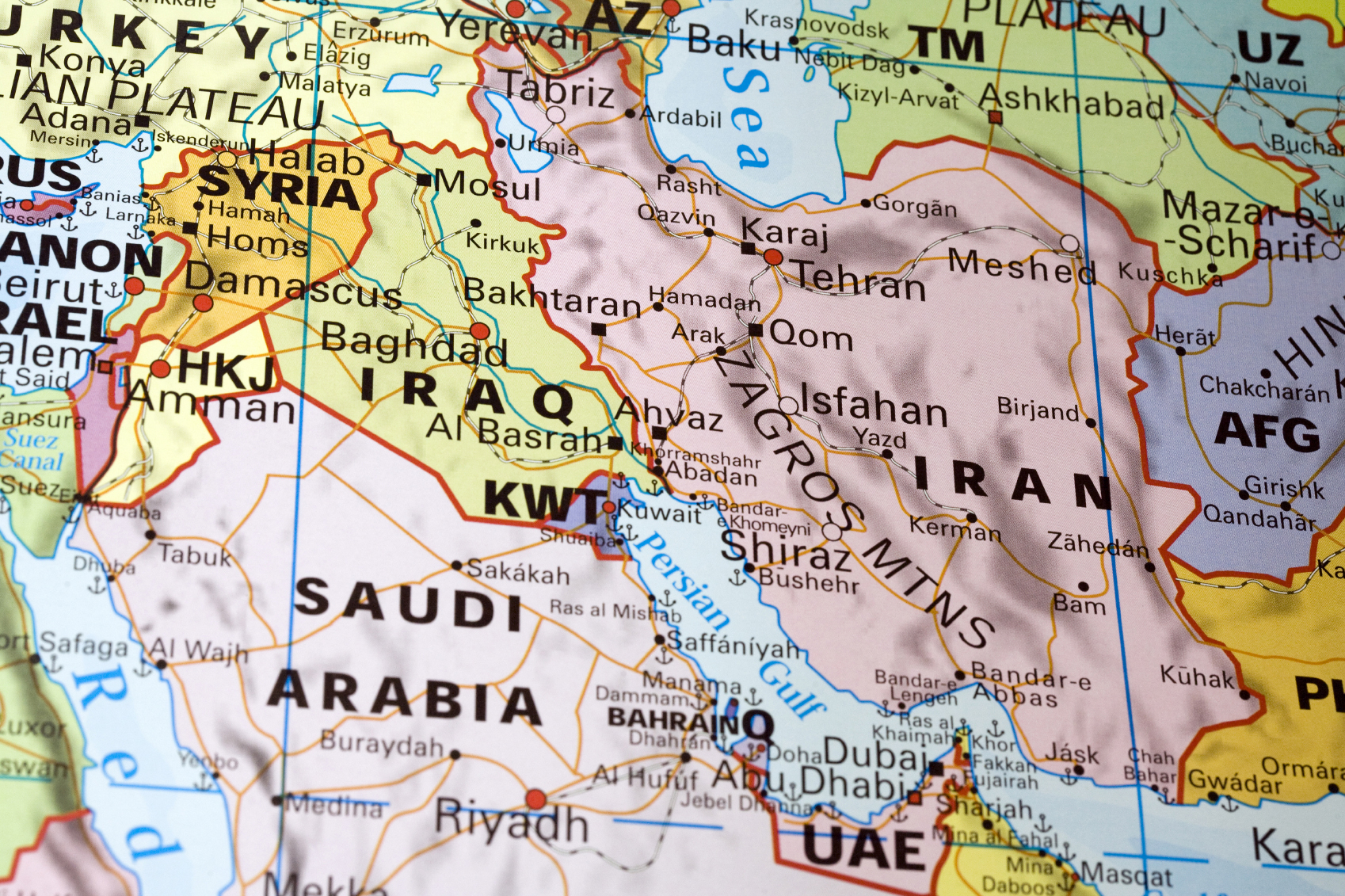A new infrastructure fund from the Islamic Development Bank (IDB) is aiming to help Gulf-based companies expand in Asia and Africa, with a pot of US$2bn.
Jeddah-based IDB is looking to grow trade among its 56 member countries and fill a void left by other multilateral and private-sector financial institutions that they believe have been slow to support such regional strategies.
The fund could jump-start sluggish levels of trade across these markets, helping the IDB in its efforts to reach a target of 20% of intra-member trade by 2015 from about 17% now.
However, exports among IDB-member countries reached US$343.7bn in 2011, representing only 15.3% of total exports and a drop from the 17.3% recorded in 2009, the latest IDB data showed.
Three-quarters of those exports came from only 10 member countries, such as Indonesia, the UAE and Turkey. Nigeria, Egypt and Bangladesh ranked far lower, despite the significant opportunities in those markets.
Part of the problem is limited support from financial institutions in these regions, many lacking a regional presence of their own: a gap which the IDB fund could help fill.
The IDB, which promotes economic development in Muslim countries and communities, has ramped up its development efforts after it more than tripled its authorised capital in 2012.
Building regional links would allow some Gulf-focused companies to reach a far broader customer base, says Mumtaz Khan, chief executive of Bahrain-based ASMA Capital Partners, which is managing the IDB fund.
He said: “There are not that many institutions that have a footprint across these regions. Some companies are confined to a country or region. We are talking about taking them further afield.”
Both Gulf and Asian-based companies could build substantial market share in these new markets, says Khan, adding that the fund was looking at opportunities in Nigeria, Egypt, Pakistan and Bangladesh.
The fund has US$750m in commitments from shareholders Saudi Arabia, Bahrain and Brunei, with plans to reach US$2bn in size by next year, surpassing the original US$730m fund launched in 2001.
In contrast to its predecessor, the new fund also has a special sector allocation to health, says Kahn, adding that the fund could deploy capital into its first project in the next two to three months.







